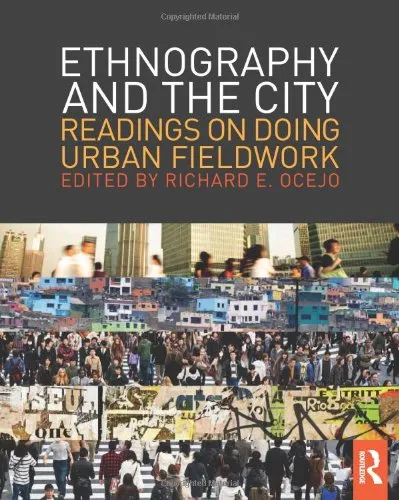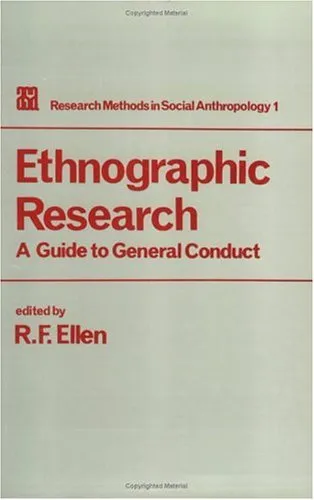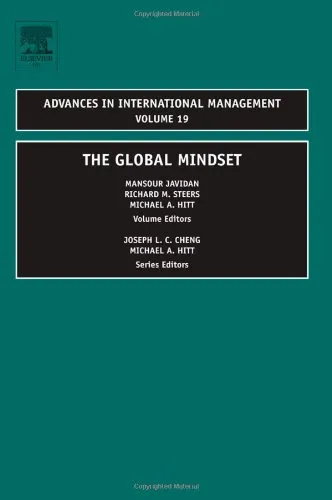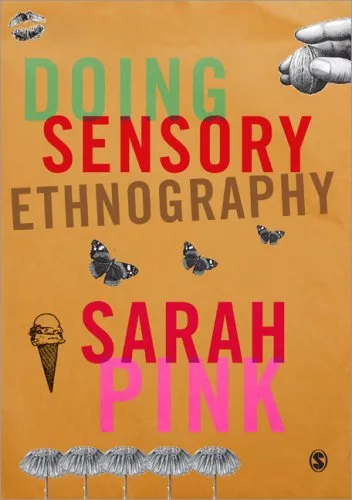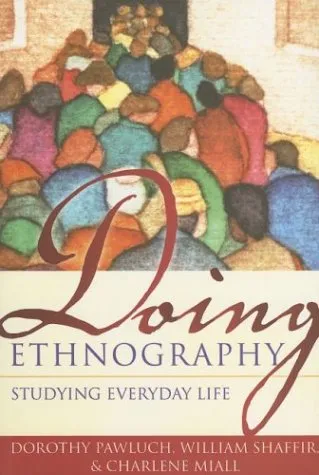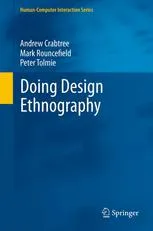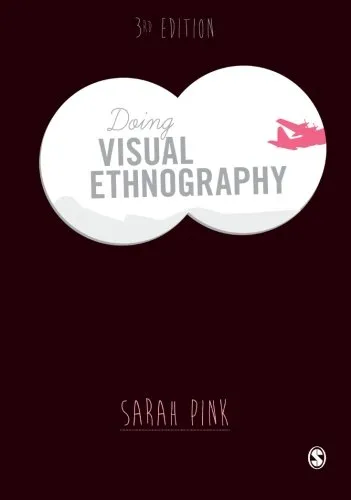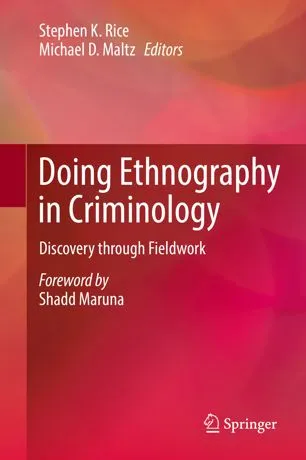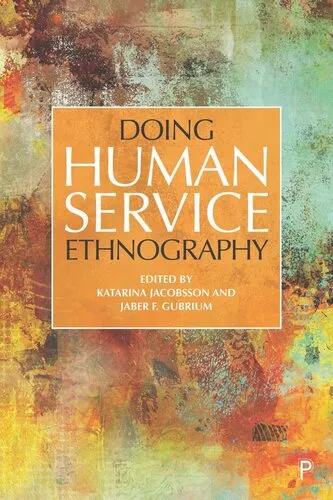Ethnography and the City: Readings on Doing Urban Fieldwork
4.5
Reviews from our users

You Can Ask your questions from this book's AI after Login
Each download or ask from book AI costs 2 points. To earn more free points, please visit the Points Guide Page and complete some valuable actions.Related Refrences:
Introduction to "Ethnography and the City: Readings on Doing Urban Fieldwork"
"Ethnography and the City: Readings on Doing Urban Fieldwork" is a thought-provoking and practical exploration of the methodologies, challenges, and rewards of conducting urban ethnographic research. Edited by Richard E. Ocejo, this comprehensive volume brings together classic and contemporary readings that delve into the ways researchers intimately engage with city life to unpack the dynamics of urban spaces, cultures, and societies. It serves as both a guide and inspiration for anyone interested in understanding cities through ethnographic methods, catering especially to students, scholars, and professionals in urban studies, sociology, anthropology, and related fields.
The book presents ethnography as a powerful and nuanced way to study urban environments, focusing on the rich, lived experiences of people, and providing unique insights into their social worlds. Through a variety of chapters, readers are offered theoretical foundations, methodological tools, and real-world examples that capture the vibrancy and complexity of urban life. This work reminds us of the central role cities play in shaping modern human experiences and the importance of on-the-ground research for unpacking these realities.
Detailed Summary of the Book
The book is organized into several thought-provoking chapters, each carefully curated to introduce the reader to the critical elements of urban ethnographic research. It begins by examining the history and theoretical foundations of ethnography as a method, illustrating how immersion in the field has long been a cornerstone of sociological and anthropological inquiry. Following this foundation, the book delves into the specific challenges of urban fieldwork, such as navigating the diverse landscapes of the city, engaging with complex social dynamics, and managing ethical dilemmas that arise from close interactions with subjects.
The text also includes practical tips for researchers, such as choosing a field site, creating rapport with participants, and effectively recording observations. Urban settings are inherently diverse and dynamic, and this book highlights how researchers can adapt their approaches to suit different contexts and populations. Among the key contributions of the book are the real-life case studies and excerpts from acclaimed ethnographers, offering readers examples of how theory translates into practice. These readings not only enhance understanding but also inspire readers by showcasing the compelling stories revealed through immersive urban research.
Ultimately, "Ethnography and the City" emphasizes the importance of adopting a reflexive stance in fieldwork, constantly questioning one’s assumptions, biases, and positionality as a researcher. It highlights how ethnography is not just about studying others but also a transformative journey for the researcher, providing profound insights into human life and urban complexity.
Key Takeaways
- Ethnography is an invaluable tool for understanding the complexities and intricacies of urban life.
- Conducting fieldwork in cities comes with unique challenges, such as ethical considerations, navigating diversity, and managing personal biases.
- Immersive engagement with communities provides nuanced and rich insights that other methodologies might overlook.
- Flexibility, reflexivity, and humility are essential virtues for urban ethnographers.
- Urban research not only reveals the sociology of city life but also contributes to broader discussions on topics like inequality, social justice, and cultural identity.
Famous Quotes from the Book
"To study a city is to move through its spaces and social worlds, guided by the principles of curiosity and empathy."
"Ethnography is not just about listening to others; it’s about allowing their stories to reshape the way you see the world."
Why This Book Matters
In a world increasingly shaped by urbanization, understanding the dynamics of cities has never been more important. "Ethnography and the City" offers a compelling framework for doing so. It underscores the critical role urban ethnography plays in uncovering the unseen and unheard aspects of city life. By presenting both theoretical and practical insights, the book equips readers with the tools to engage deeply with urban communities, making it an indispensable resource for researchers and students alike. Its focus on ethical and reflexive practice also provides a strong foundation for conducting responsible and impactful research.
Moreover, this book goes beyond being a mere academic text—it is a call to action for researchers to immerse themselves in the vibrancy of urban life, to make sense of it, and to contribute to a better understanding of the social forces shaping our cities. By showing how ethnography connects the personal with the structural, it makes a powerful case for why studying the city is vital for anyone interested in fostering social change and understanding human behavior in its most dynamic form.
Free Direct Download
You Can Download this book after Login
Accessing books through legal platforms and public libraries not only supports the rights of authors and publishers but also contributes to the sustainability of reading culture. Before downloading, please take a moment to consider these options.
Find this book on other platforms:
WorldCat helps you find books in libraries worldwide.
See ratings, reviews, and discussions on Goodreads.
Find and buy rare or used books on AbeBooks.
1244
بازدید4.5
امتیاز0
نظر98%
رضایتReviews:
4.5
Based on 0 users review
Questions & Answers
Ask questions about this book or help others by answering
No questions yet. Be the first to ask!
